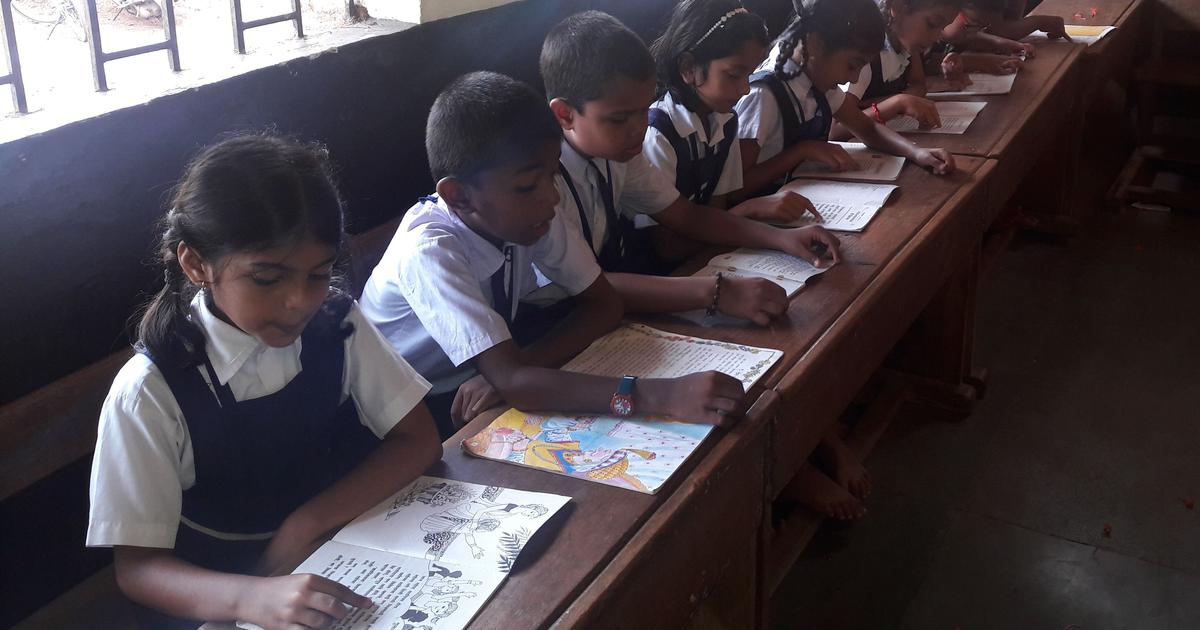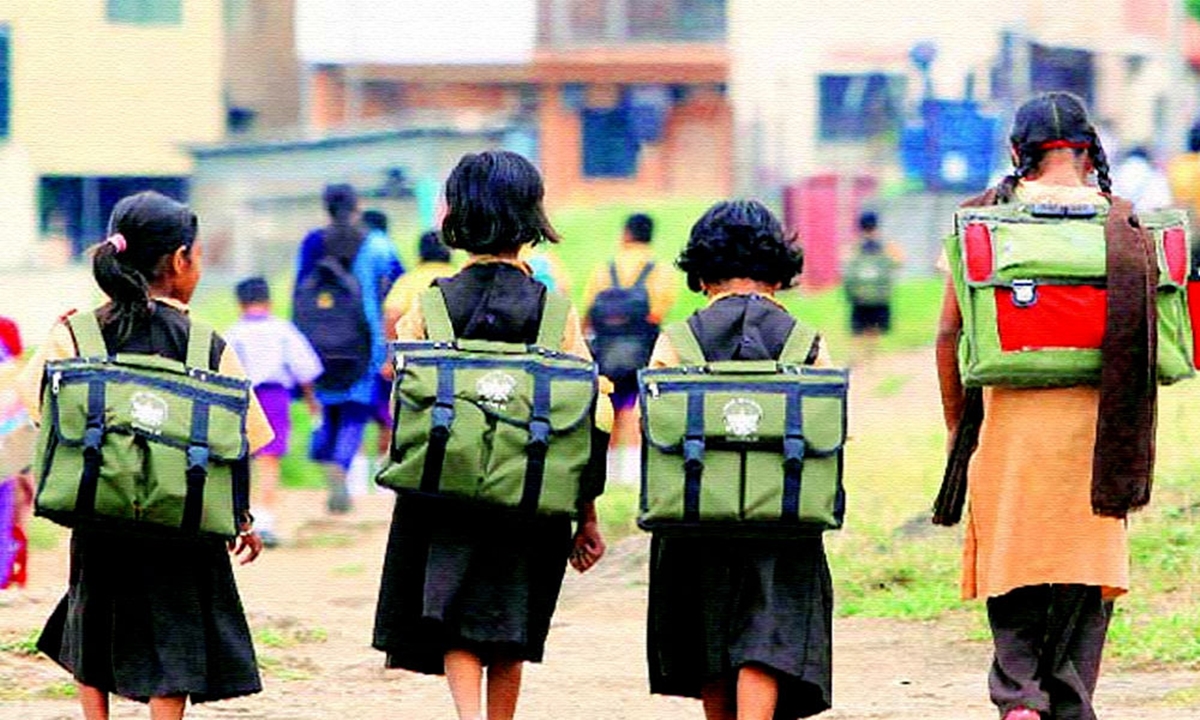
Rule Books and the Saga of Time
The forgotten state education laws of India
Clean-up exercises of our statute books are in their heyday. The winter Parliament session has noted the repeal of obsolete legislation as a key agenda item, aiming to repeal over 1500 such central laws.
When we look at school education from this viewpoint, we might think that such exercises are not bound to have any significant impact on it. After all, it is the Right to Education (RTE) Act, 2009 which governs primary education. A closer look at the state laws on primary education, however, would show otherwise–while obsolete education laws are not exactly a pre-eminent policy concern, such laws do exist and continue to live quietly and perniciously on our statute books.
Being a Concurrent List entry, education can be legislated on by both the Centre and the States. While the RTE Act is the key law regulating primary education, there exists a gamut of state education laws, the utility or relevance of which is unclear. Many of these laws are regressive and inconsistent with the RTE Act, posing administrative challenges in education governance. Worse still, a study of these laws reveals that the colonial influence continues to be present in the policy approach to education.
Finding the origins – Colonial imprints on education
In 1960, based on the third Five-Year Plan, the Central Government passed the Delhi Primary Education (PE) Act, which was to serve as a model law for state governments. This model law, while enacted by the Government of India in independent India, has its roots in a distinctly pre-independent era. In 1870, the Elementary Education Act was enacted–the first of laws providing for ‘public’ elementary education in England and Wales. This Act made elementary education for children between the ages of 5 and 13 compulsory by requiring parents to ensure their wards’ attendance in school; allowed for free education for children whose parents could not afford it; and recognised the validity of ‘reasonable excuse’ for non-attendance. Such ‘excuses’ included the unavailability of neighbourhood schools, the child receiving another form of educational instruction, and the child having a condition, such as an illness, which would prevent him from attending school.
This Act paved the way for agitation for educational reforms in India–most notably by Gopal Krishna Gokhale and Vithalbhai Patel. While Gokhale died unsuccessful in his attempts, the Bombay Primary Education (District Municipalities) Act, popularly known as Patel’s Act, was eventually enacted in 1918. The enactment of the Government of India Act, 1919 further strengthened the demand for educational reforms. Transfer of the portfolio of education to Indian legislators meant that it was identified as a policy priority, and by 1930, each province in India had its own primary education law. Reminiscent of its colonial origins, the laws enacted in this period sought heavy inspiration from the Elementary Education Act, 1870, retaining provisions on parental responsibility to ensure attendance in schools and allowances in case a ‘reasonable excuse’ to not attend school was present.
Fast forward to the Delhi PE Act, 1960–it is clear from a textual reading of this Act that it is broadly based on the laws enacted in 1919 onwards (which are based on the 1870 Act). While it took a few progressive measures, such as providing for ‘special schools’ for children with disabilities, it continued to deem the parent as chiefly responsible for ensuring their child’s education and allow for the same reasonable excuses for non-attendance.
Ultimately, the Delhi PE Act fulfilled its objective of being a model law, and many states such as West Bengal and Bihar enacted PE laws based on it. Many such laws mystifyingly continue to be on the statute books even today, despite dating back to the 1960s on paper and back to 1870 in actuality. Ridiculous as it may be, in the states of Delhi and Karnataka, it is legal even today to deprive children with disabilities of education! While these laws may have been progressive in the socio-political context of the 1960s, the concept of ‘reasonable excuse for non-attendance’ goes against the normative premise of compulsory and accessible education of the present times.
While common sense (and the placement of education on the Concurrent List) dictates that these provisions would not be enforced, this labyrinth of unnecessary laws hinders effective administration and equitable governance. With the passage of the National Education Policy, 2020, State Governments are now admitting to the confusion that such laws create.
Where do we go from here?
For education to be equitable and rights-based, it is crucial that state laws evolve progressively with time and in line with developments at the Central level.
Presently, no systematic evidence or database exists which captures the extent of the problems that obsolete laws pose to education. The lack of attention to this problem has led to a complicated trail of laws and regulations on educational administration. Not only do such laws contradict existing laws and policies, but also impede innovation, lead to administrative complexities, and ultimately, hamper the efforts to fashion a well-functioning education system.
We must now pay long overdue attention to this problem; obsolete state laws must be modernised, either by harmonising them with the RTE Act or by repealing them altogether.




